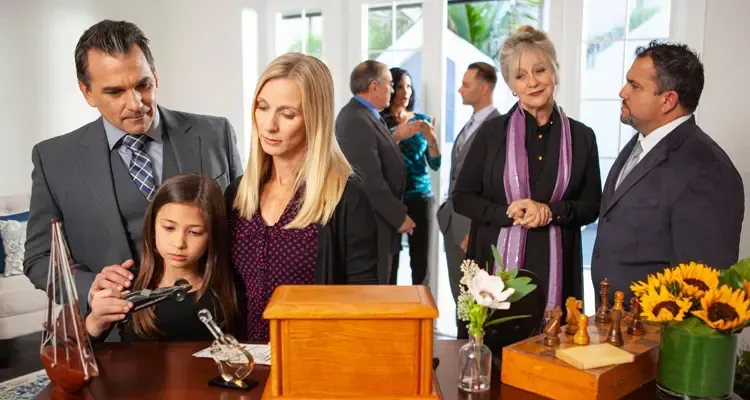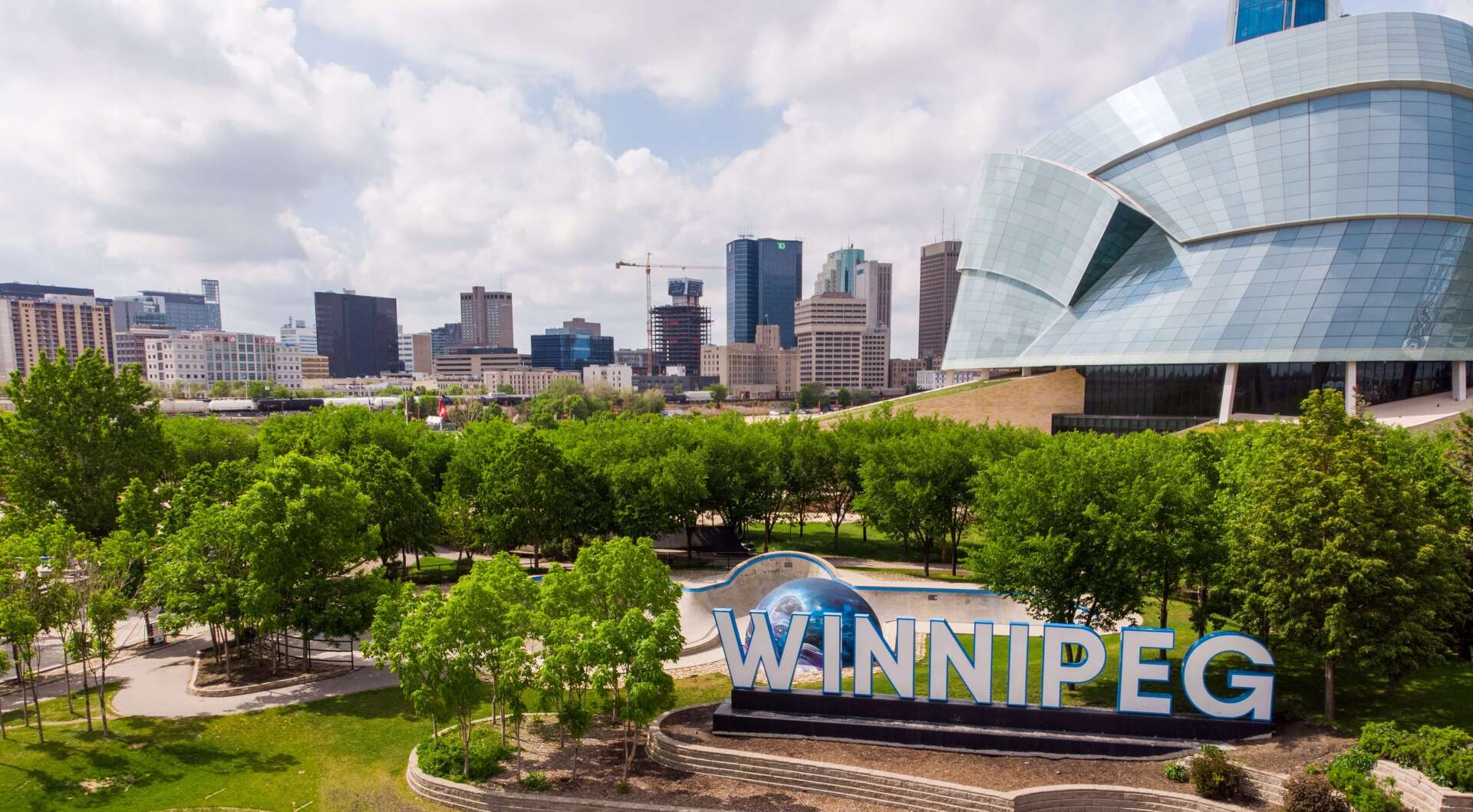What is a Funeral?
All we need to do is say the word "funeral services," and within microseconds, you have an image in your mind of what a funeral looks like. This mental image comes from many sources: the geographical place, culture and society in which we live; our faith; our life experience. Obviously, funeral services in Winnipeg, MB, would look very different from one held in Tanzania; there are even significant differences between the funeral services held in ethnically and geographically diverse regions of North America.
Yet, despite the differences, these funeral services have much in common. We invite you to read further to learn the simple answer to the question "what is a funeral?" We encourage you to call us if you have questions about what you read here. One of our funeral professionals will be delighted to explore the commonalities behind the broad spectrum of funeral service ceremonies seen around the world.
What Makes a Funeral Service?
No matter where it's held, a funeral is a structured ceremony with a beginning, middle and end. Each is intended to engage the living participants in activities that transform their status within the community, provide mourners with a grieving experience, and celebrate a life well lived. In addition, it's a socially-acceptable way for community members to re-affirm and express their social attachments.
Anthropologists label a funeral as a rite of passage, which affects everyone involved—including the deceased. Their social status changes dramatically, from a contributing living member of the community to one whose contributions are in the past and relegated to memory. But the status of each survivor—the immediate family, most especially—has also changed. In fact, the funeral service can be the start of a defined period of mourning for bereaved family members, marking this transition in a uniquely identifiable way.
It could be said then that a funeral's focus—no matter where, no matter when—lies in acknowledging change. And without a doubt, human beings (as individuals and as a community) have trouble dealing with profound changes like the death of an integral member of the group. Taking this perspective makes it easier to understand the importance of ceremonially acknowledging the tear in the social fabric and the symbolic restoration of its integrity.
Traditional Funeral Services
Traditional Funeral Packages Include:
- Removal of the deceased from place of death to the Funeral Home (within 25 km)
- Professional care of deceased; Embalming, hairdressing, cosmetics
- Registration of the death with the Province of Manitoba
- Preparation of burial permits
- Official notification of the death to Old Age Security & Canada Pension
- Professional co-ordination of chapel, church, clergy, service music, and cemeteries
- Conducting of the funeral service in church or chapel with licensed funeral director and required staff
- Use of reception lounge and patio (seasonal) with coffee, tea, juice, server and clean-up
- Funeral cortege; Lead car for clergy and Funeral Coach for transporting the deceased from funeral service to cemetery
- Use of E.J Coutu Chapel & Lounge facility for private family viewing night or day before funeral service
- Assistance in preparing & editing the obituary if requested
- Arrange and place obituary notices as required: Does not include the cost of the notices
- Co-ordinate, receive, identify, and display floral offerings: Does not include the cost of the flowers
- Co-ordination of reception food with caterers and location: Does not include the cost of the food
- The Use of the T.V, DVD player, as well as all other electronics for video tributes: Families are welcome to prepare video tributes on their own. There are only additional costs when professional assistance is required.
- Memorial book and thank you cards
- Estate Kit; including 5 funeral director declarations, estate checklist, executor’s duties, how to probate a will, what to do following a death and preparing returns for deceased persons, how to apply for CPP death benefit and application for death benefit and survivor’s benefit, how to apply for a clearance certificate and the application form.
Casket
The cost of the casket selected for the funeral is additional to the service charge.
Extras
Services may have cash disbursements which are extra; this includes obituaries, clergy and church fees, flowers, cemetery fees and catering, etc.
For more information on this funeral package or any other questions about traditional funeral services, we encourage you to use the other resource pages on this website shown below or to contact us.
Want to Learn More About Our Funeral Options?
Planning your funeral in deeply personal and can feel overwhelming. We’re here to provide the guidance need to put together an unforgettable service.

Fill out the form below to receive more information on funeral services
Funeral Services in Winnipeg, MB
A funeral service can mean many things for families and individuals living in Winnipeg, MB, and the surrounding areas. Some fall back on what is commonly called a "traditional funeral"; others see that same traditional service as an emotionally unfulfilling event. Fortunately, there are alternatives, thanks to several unique social forces. Today, end-of-life commemorative services range from the traditional funeral to a memorial service
and the increasingly popular celebrations of life. If you have yet to realize the immense value of such a collective acknowledgement of loss, reach out to us. Call
to speak with one of our experienced funeral service professionals.

Source:
Huntington, Richard and Peter Metcalf, Celebrations of Death: The Anthropology of Mortuary Ritual, Cambridge University Press, 1979